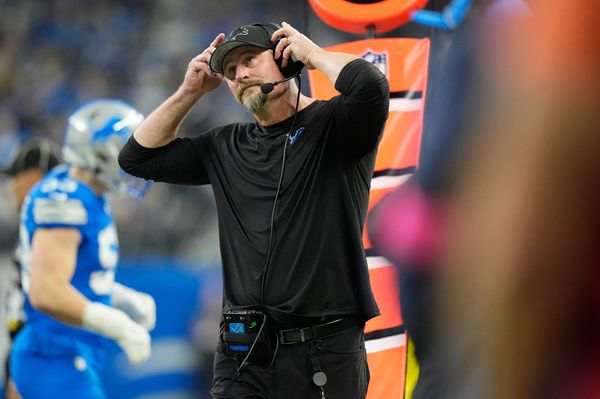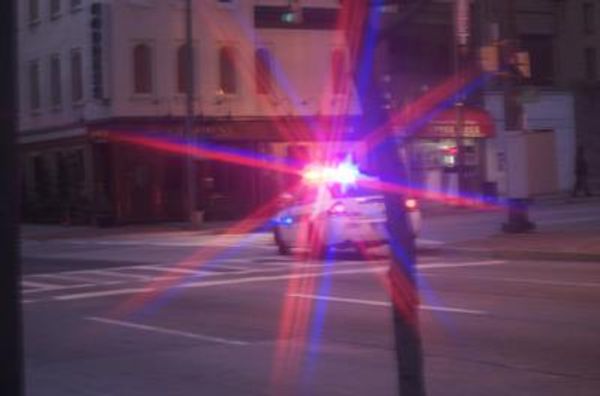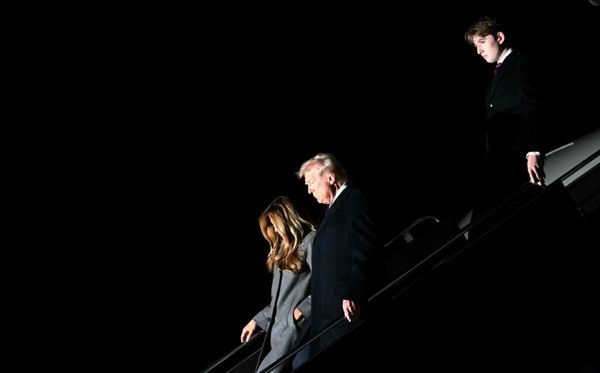
On the late Kevin Andrews’ legacy
Marcia Church writes: Thank you Mr Denton. You wrote words I’d thought about when I read the eulogies for Kevin Andrews.
My heart aches for Mr Baylis and his family — and the “Territorians” who have been made to suffer from such inhumane “treatment” at the hands of ill-informed politicians and their “faith” (then and now).
My own illness has me thinking of voluntary assisted dying often. Not wanting to be a burden to family (as I feel I’m already becoming), not wanting palliative treatment, always wondering about the next part of the body that’s going to chuck it in (for want of better words), treatments with more side-effects that will cause further life-threatening moments on top of what’s already possible… a never ending cycle. But on the other hand, the mind is still okay for now and I want to do so much, but physically cannot. There’s the conundrum too.
So many seriously ill people suffering have been denied for so long in so many states and territories. You’re right, Mr Denton. It’s hard to overlook when eulogising Mr Andrews’ impact on so many families
Carol Flynn writes: Kevin Andrews legacy also affects the people of the ACT. He used his power and personal Catholic beliefs to take away the freedom of the voters of the NT and ACT to access medically assisted dying. Both territories voted in favour of assisted dying on many occasions, but were overridden by Coalition Commonwealth governments.
That is the “freedom” they stand for — freedom for some to be ideologically driven, and no freedom for the rest of us. Remember that at the next election.
Lyn Payne writes: Couldn’t agree with Andrew Denton more. Never regretted practicing euthanasia while nursing. Always under a doctor’s orders and just practicing palliative care, but we all knew we were hastening death by the drugs given regularly. You had to be lucky to have a good doctor.
Ross Devine writes: Thank you for reminding us of the actions of this man on preventing euthanasia in the Northern Territory. Another dark side to his legacy has to be his mistreatment of Mohamed Haneef, incarcerating him when under due process, the police were prepared to let him go. Where is mercy?
Ray Armstrong writes: My lasting memory of Kevin Andrews, commonly referred to as “The Undertaker”, was his bullying and false arrest of Mohamed Haneef. Andrews spent nearly $8 million dollars trying to prove he was a terrorist when in actual fact he was a doctor at the Gold Coast Hospital! Add another million in compensation! Not one media outlet has mentioned this which leaves me amazed and disappointed.
On Dutton’s long awaited nuclear ‘costings’
Nicholas B writes: It’s easy and probably more fun to be black and white about the future for nuclear power in Australia, but the more useful question is under what conditions might nuclear power have a role, if any?
Peter’s fantasy about its short-term value as a substitute for fossil fuels is clearly counter to overseas experience and independent modelling, requiring heroic assumptions even to satisfy his “smaller Australia” model. But given the increasing amounts of electricity required to run data centres for AI and cryptocurrency markets, there may be possible futures where electricity from nuclear power becomes part of the mix, but realistically not for 20 years.
New nuclear power generation has no short-term value in replacing fossil fuel use quickly enough to stop the yearly increase in our CO2 emissions and reduce the size of the climate overshoot.
Jim Allen writes: Power disruptions due to ageing coal-fired power stations failing to cope in heatwaves is a political choice, not just a technical problem. You can opt to prolong the coal era with all the associated risks or you can invest instead in a new generation of clean technologies and a system that, with the right interventions, can deliver reliability at an economically and environmentally responsible cost.
Or, if you are Dutton, you risk curtailing private investment in new capacity and the disruption that will bring, on a long march towards a centrally planned nuclear dream.
David Arthur writes: Remember Howard indicating willingness for a carbon pricing scheme at the 2007 election? That’s because Howard knew that the only way nuclear was competitive against coal was if there was a carbon price.
To be fair to Howard, as of 2007 renewables were far costlier than they are now, so much so that at that time nuclear was a credible alternative. In large part thanks to China, renewables are now the lowest cost power generation technologies. Even with the storage necessary for “firming” they remain lowest cost — especially if that battery storage makes use of the batteries on wheels we’ll all eventually have in our garages, plugged into the house via bidirectional chargers.
Gavin Miller writes: The whole thing was a duopoly charade. Polly Hemming at The Australia Institute describes the contrived distraction whipped up by mainstream best in a 37-second video on Bluesky. Look how much human effort was wasted by people responding to the “modelling”: “If we are going to talk about nuclear, it should be to point out that it’s actually about distracting from fossil fuel expansion and protecting the status quo.”







